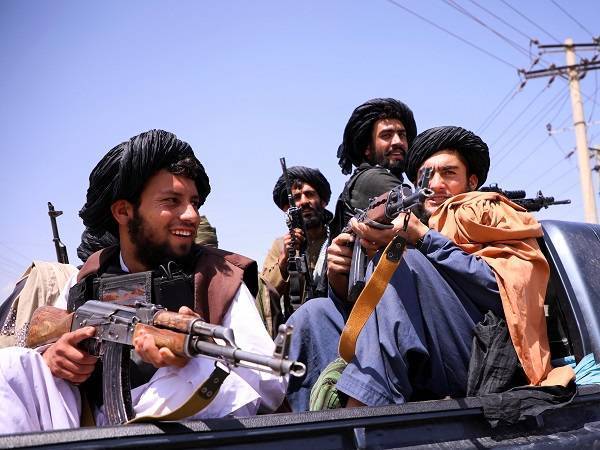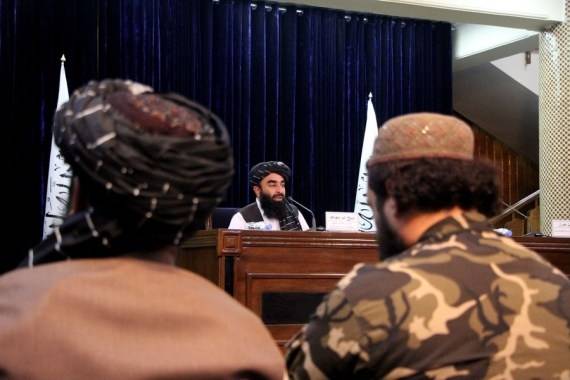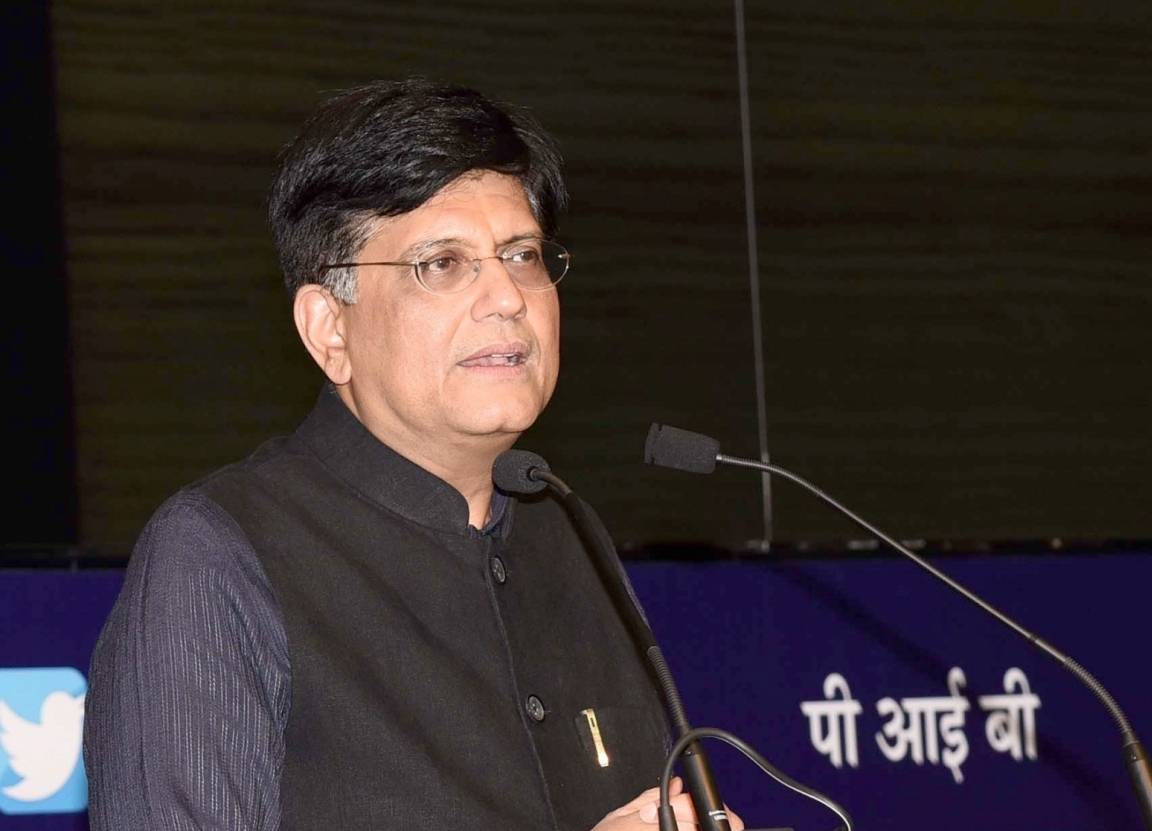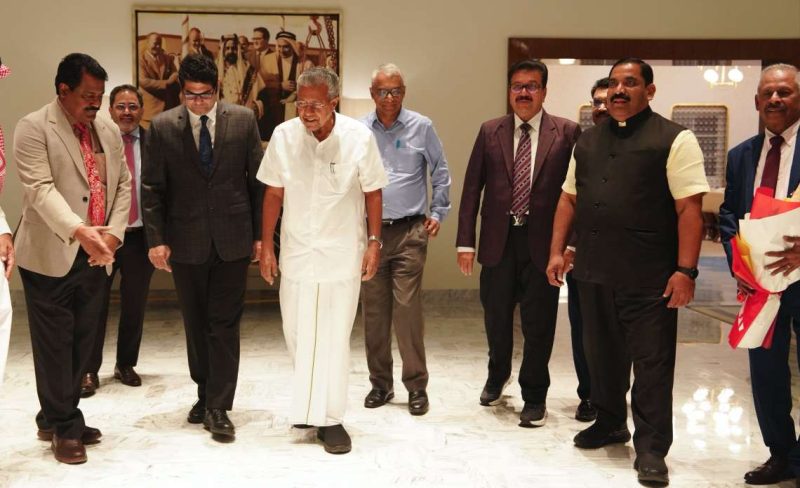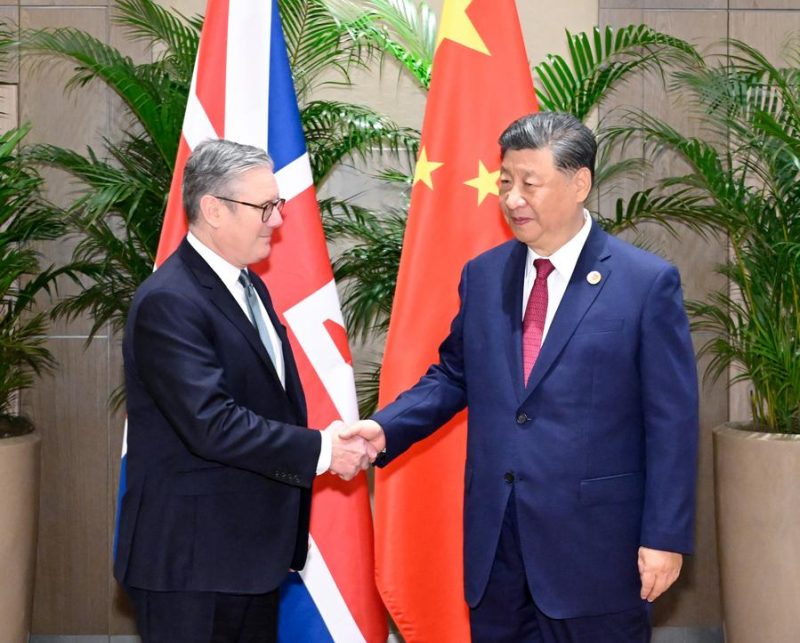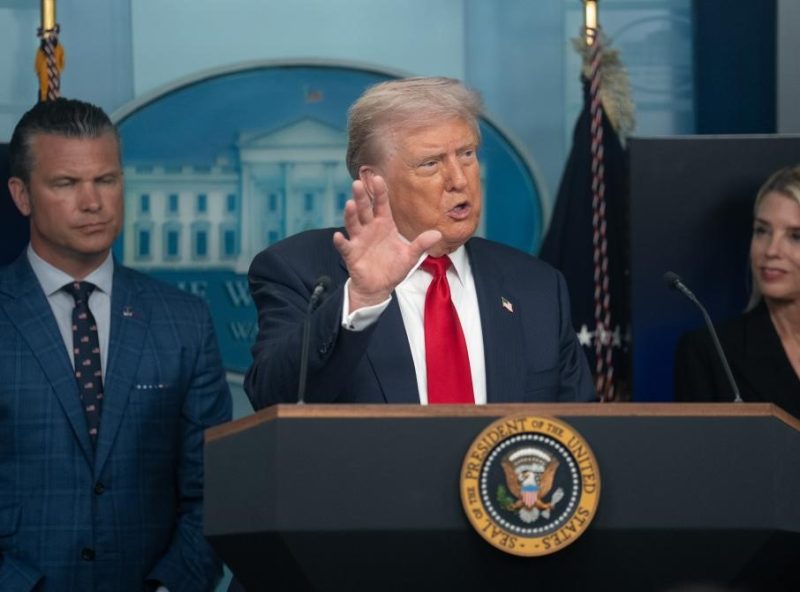The three were arrested after Tolo news shared news regarding the prohibition of airing foreign drama series, the news portal said…reports Asian Lite News
The Taliban has released the three Tolo News journalists who were detained amidst an ongoing crackdown against dissenting voices and minorities in the country.
The three journalists who were detained are Khpulwak Sapai, director of Tolo News, Nafi Khaleeq, legal manager of Moby Group, and Bahram Aman, Tolo News presenter.
The three were arrested after Tolo news shared news regarding the prohibition of airing foreign drama series, the news portal said.
“As a media outlet, our activities have acted as a bridge between the government and the people. Our job is to communicate the information to the people. As such, our suggestion has always been that any issue related to media or Tolo News should be shared with us via the Ministry of Information and Culture,” Tolo News director Khpulwak Sapai said.
The arrests triggered large scale condemnation from international agencies and human rights organisations.
The United Nations mission in Afghanistan called for the release of the TOLOnews media workers, saying it is time for a constructive dialogue with the country’s media community.
“Deepening concern tonight in Afghanistan over credible reports of further arbitrary detentions by the Taliban of @Tolonews reporters. The UN urges the release of all those taken away by gunmen and an end to the intimidation and threats against journalists and independent media,” said United Nations Assistance Mission in Afghanistan (UNAMA) in a tweet.
The UNAMA also said that it is “Time for the Taliban to stop gagging & banning. Time for a constructive dialogue with the Afghan media community.”
Following the Taliban’s takeover of Kabul in August last year, there has been widespread socio-economic distress in Afghanistan, including school closures, food shortages and curtailed rights of women.
UN reports estimate that more than half of the country’s population is in need of urgent humanitarian assistance.
The Taliban has initiated a crackdown on the Afghan media, with broadcasters being forced to limit foreign content and journalists fearing pressure for speaking freely about government performance.
Many media outlets have closed down due to economic challenges, and because many professional journalists have simply fled the country. Around 40 per cent of the media have ceased operations, and 60 per cent of reporters lost their jobs, reported Sputnik News Agency.
Earlier this month, the Human Rights Watch (HRW) said Taliban authorities have carried out far-reaching censorship and violence against Afghan media in the district and provincial centres.
According to the rights group, the situation facing journalists outside Kabul appears much worse than inside the capital, particularly for women.
Journalists in the provinces have described Taliban members as threatening, detaining, and beating them and their colleagues who were trying to report the news, the HRW said.
Many journalists have felt compelled to self-censor and report only Taliban statements and official events. Women journalists have faced the most intense repression. (ANI)


